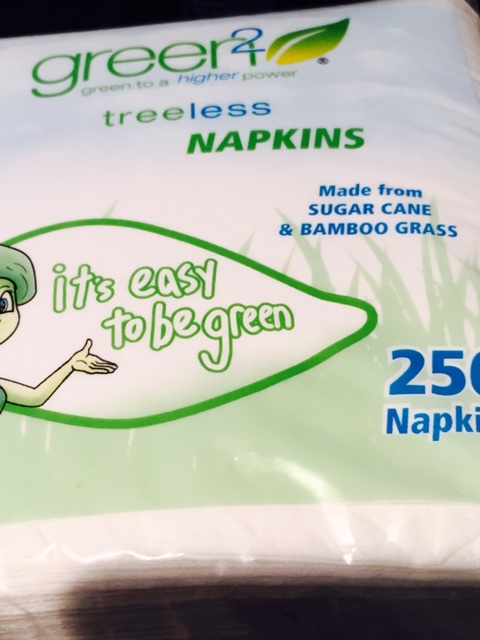Join the Conversation: Are you a “heavy user” of salty, sugary or fatty foods?
Salt, Sugar, FatAre you hooked on salty, sugary or fatty processed foods?
If you wonder why certain packaged food products call out to you often, you must read the brilliant, eye-opening book, Salt, Sugar, Fat: How the Food Giants Hooked Us from Pulitzer Prize-winning Michael Moss, an investigatve reporter for The New York Times.
Lately, while researching and writing my next book, I haven’t been able to put down the fascinating Salt Sugar Fat.. (Mostly, I’ve been listening to the book via CDs while en route to the gym, Whole Foods or bvusiness meetings. This book was so compelling that I’m now listening to all 12 CDs again.)
Frankly, I’m in awe of Moss and his investigative prowess. Over a period of three-and-a-half years, he interviewed hundreds of industry insiders, who revealed jaw-dropping, inside information about what our favorite food companies do to land space on grocery store shelves, crush the competition, boost the bottom line, please Wall Street, and influence our buying habits so we can’t pass up on foods with salt, sugar and fat.
For those of you, who find yourself frequently buying and eating certain processed chips, cookies or cereals, Moss sheds light on why this may be happening.
The captivating processed food substances you find on supermarket shelves “are knowingly designed—engineered is the better word—to maximize their allure,” Moss writes.
Michael-Moss_credit-Tony-Ce._V374823686_ (2)“Their packaging is tailored to excite our kids,” he continues.
“Their advertising uses every psychological trick to overcome any logical arguments we might have for passing the product by.”
Plus, their “taste is so powerful,” he writes, “we remember it from the last time we walked down the aisle and succumbed, snatching them up. And above all else, their formulas are calculated and perfected by scientists who know very well what they are doing.”
Indeed, those of you, who struggle to peel off pounds and hate that you can’t quit over-consuming your favorite sweet soft drinks, salty chips, or fatty cookies, you need to know that food scientists are actually using cutting-edge technology to calculate the “bliss point” and enhance the “mouthfeel” of your preferred foods so they’ll sell more, Moss explains.
Oh Goodness! Food Companies Call Big Buyers of Processed Foods “Heavy Users”
Perhaps one of the more scary revelations Moss makes in Salt, Sugar Fat is how the food industry regards its ardent customers.
In their board rooms and science labs, food industry insiders call you, their loyal buyers, “heavy users.”
No, I’m not talking about drugs, but, in light of recent food addiction research, that shows how the brain lights up on sugar as it does on cocaine, the term “user” is certainly apt.
And you wonder why your most intense, all-consuming, wild cravings for unnatural, packaged, sugary, salty, fatty foodstuffs swoop in on you often as if they were ravenous vultures waiting for their next dead prey to disembowel?
Sorry for the gross imagery, but as a former sugar-addicted journalist, my goal is not only to educate you, but to help you become strong, alert, and determined to lift your choose-healthy-food muscles when you’re at your favorite supermarket, as well as at drug stores, movie theaters and even hospitals..
By the way, just as I was about to put this post up on this Sugar Shock Blog, I discovered — while catching up on Dr. Oz Show episodes — that yesterday, Moss was featured in an awesome episode, Supermarket Secrets: How They Fool You Into Buying Foods That Make You Fat.
Watch The Dr. Oz Show episode with Moss now.
And bear in mind, as Moss told Dr. Oz, that “when you walk into the store, there are traps.”
With that in mind, it’s best to be prepared with “that shopping list, commit yourself to stick with it, shop when you’re full, shop with a clear mind,” Moss urges.
Let Michael Moss open your eyes now by buying his intriguing book, Salt Sugar Fat: How the Food Giants Hooked Us.
Join the Conversation: Are you a “heavy user” of salty, sugary or fatty foods?

